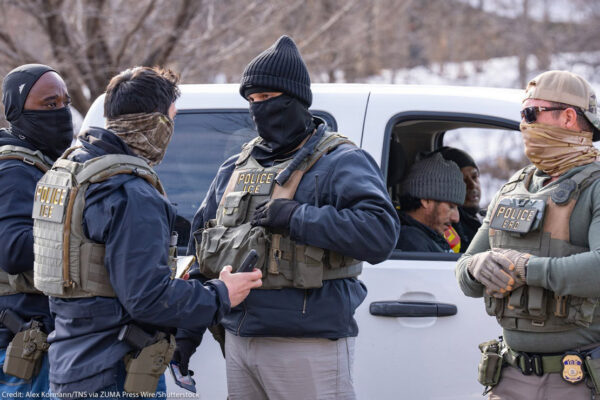Human Rights Body to Question U.S. on Muslim Ban and Other Trump Executive Orders
Hearing Will Also Cover Immigration Enforcement and Dakota Access Pipeline ‚ÄĒ Video of Hearing Will Be Livestreamed
WHAT:
The will hold a hearing in Washington on Tuesday morning about the effects of President Trump’s Muslim ban and other policies, including the construction of a border wall, expanding immigration enforcement and detention, and the approval of the Dakota Access Pipeline.
U.S. government representatives will speak for 20 minutes, followed by 20 minutes for advocacy organizations and 20 minutes for questions from commission members.
The ļž–” ”∆Ķ‚Äôs written testimony is available here:
/IACHR-Muslim-Ban-Testimony
WHO:
U.S. government officials, likely from Departments of Homeland Security, Justice, and State
ļž–” ”∆Ķ Human Rights Program
American-Arab Anti-Discrimination Committee
Harvard Immigration and Refugee Clinical Program
Hope Border Institution
International Indian Treaty Council
International Justice Resource Center
University of Washington International Human Rights Clinic
WHEN:
Tuesday, March 21, 10:15‚Äď11:15 a.m. ET
WHERE:
Organization of American States
Padilha Vidal Room ‚Äď Room A
1889 F St., NW
Washington, D.C.
WEBCAST:
A second hearing from 11:30 a.m.‚Äď12:30 p.m. will focus on policies that hamper access to asylum for migrants arriving at the U.S.-Mexico border, particularly from Central America. The ļž–” ”∆Ķ‚Äôs written testimony is here:
/hearing-statement/written-statement-submitted-inter-american-commission-human-rights
Related Documents


